FEATURED
Minimum Wage Negotiations: Tinubu and Labour Talks Postponed Until Next Week
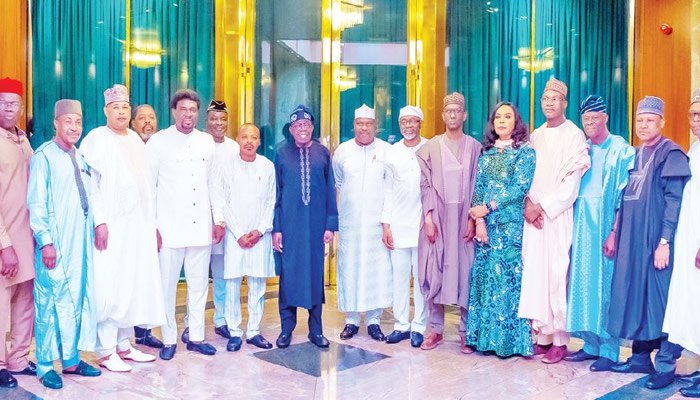
Thursday’s talks between President Bola Tinubu and the Organised Labour on the minimum wage have been postponed until next week to allow for broader consultation with all stakeholders.
The leadership of the Organised Labour, represented by the Presidents of the Nigeria Labour Congress (NLC), Joe Ajaero, and the Trade Union Congress (TUC), Festus Osifo, arrived at the State House around 2:00 pm and were ushered into Tinubu’s office.
Recently, the Tripartite Committee on the new national minimum wage submitted two proposals to the President: the organised private sector and the government team proposed N62,000, while the Organised Labour demanded N250,000.
Due to the disagreement over these figures, the President delayed sending any proposal to the National Assembly through an Executive Bill to consult with all relevant stakeholders and resolve the contentious issues.
After the meeting, Ajaero informed State House Correspondents that there were no negotiations during the one-hour meeting; rather, it was a discussion on the current economic realities in the country.
“In a real sense, it wasn’t a negotiation but a discussion, and we have had that discussion. We agreed to look at the real terms and reconvene in the next one week,” Ajaero said. “We didn’t go down there to talk naira and kobo. At least there were some basic issues that we agreed on.”
When asked whether the Organised Labour insisted on the N250,000 demand at the meeting, Ajaero reiterated that they did not engage in naira and kobo discussions and that the status quo remained until further conversations were completed.
Osifo, speaking on behalf of TUC, said the Organised Labour presented all economic indices, highlighting how these factors were impacting Nigerians. He noted that the meeting put forth issues such as the declining value of the naira and the rising prices of commodities and goods.
“We tried to put these before Mr President because he is the President of the country, and the bulk stops at his table,” Osifo said. “We made all the arguments, the economic analysis, macro, micro, fiscal, and monetary issues. So we put everything forward, and at the end, the President made his remarks. We all agreed to internalise it, have some conversations, and reconvene in a week.”
Despite the deadlock, Minister of State for Labour and Employment Nkeiruka Onyejeocha described the meeting as “fruitful,” characterising it as a positive dialogue between a father and his children.
Minister of Information and National Orientation Mohammed Idris expressed hope for a positive outcome in next week’s talks. He reiterated that the N62,000 proposal from the government and the organised private sector remains on the table and that an agreement would eventually be reached.
A source privy to the meeting revealed that President Tinubu urged the Organised Labour to consider the N62,000 offer and suggested reviewing Nigeria’s minimum wage every two years instead of five. He emphasized the need for improved welfare, better wages, and enhanced working conditions for Nigerian workers.
“I pay attention to everything around me. A happy worker is a productive worker, and society depends on the productivity of the happy worker,” President Tinubu said.
However, he called for realistic expectations regarding the minimum wage, stating: “You have to cut your coat according to available cloth. Before we can finalise the minimum wage process, we have to look at the structure. Why must we adjust wages every five years? Why not two? Why not three years? There is much dynamism to this process if we are not myopic in our approaches. We can take a surgical approach that is based on pragmatism and a deep understanding of all factors.”
NLC President Ajaero emphasized the need for an upward adjustment to the minimum wage, noting the difficulties faced by Nigerian workers. He also congratulated President Tinubu on the Supreme Court’s judgment affirming local government financial autonomy.
TUC President Osifo highlighted the adverse effects of inflation on the naira and stressed the importance of implementing measures to address the rising cost of food and transportation. He commended the government for the Supreme Court’s landmark judgment and expressed hope that Nigeria would make progress with this ruling.
The meeting concluded with a commitment to continue the dialogue and find a mutually acceptable solution in the next week.

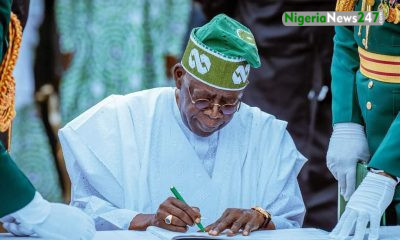

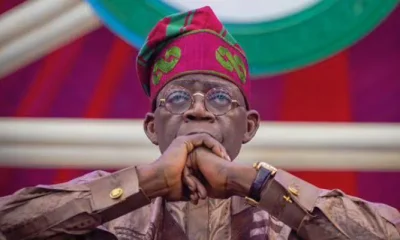



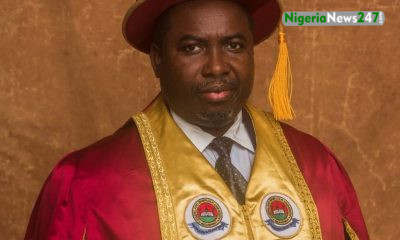



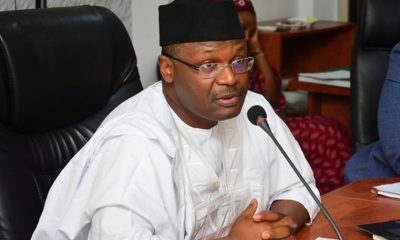








You must be logged in to post a comment Login